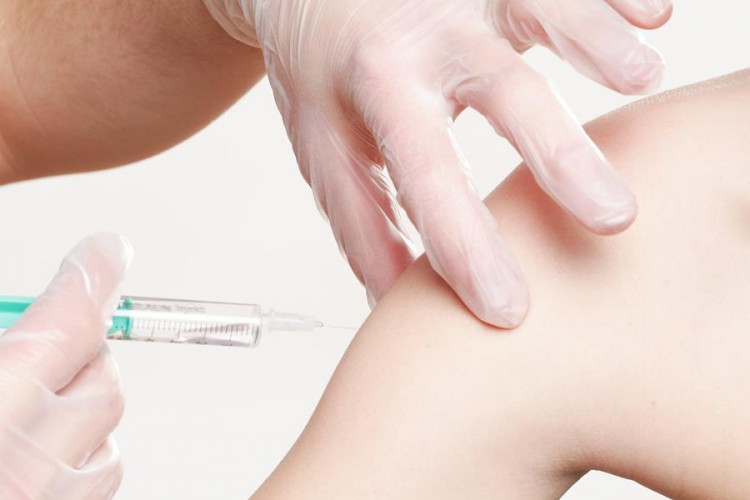Indonesia said that it had become the first nation-before even China-to approve the use of an mRNA COVID-19 vaccine created by a Chinese company for emergency purposes.
The usage of the mRNA vaccine from Walvax Biotechnology, which has been in development for more than two years and targets the original strain of the coronavirus, has been approved by Indonesia's food and pharmaceuticals department.
However, Walvax has yet to release effective results from its sizable late-stage trial for its vaccine, now known as AWcorna, which would demonstrate how well it can lower the incidence of COVID instances and fatalities from the disease.
The Walvax vaccine is the only contender in significant late-stage clinical trials despite China having many mRNA candidates under development. In Indonesia, where more than 63% of the population has received all recommended vaccinations, it was not immediately obvious how widely the recently approved shot will be utilized. Additionally, Omicron-targeting vaccines are preferred over the original COVID vaccines by health professionals all over the world.
The AWcorna injection has a longer shelf life, keeping stable at 2-8 degrees Celsius for at least six months, according to its researchers. Indonesia also employs mRNA COVID vaccines produced by Pfizer-BioNTech and Moderna. The vaccination may be suitable for nations with limited logistics in distant places as a result.
The vaccine was created by Walvax in collaboration with Suzhou Abogen Biosciences and a Chinese military-backed organization. Separately developing their own mRNA candidates for coronavirus variations respectively.
China, for its part, has not authorized any Western-produced COVID injections, and the vaccinations that are currently part of its licensed vaccine portfolio do not particularly target the Omicron variety.
The mRNA COVID-19 vaccine candidate ARCoV, also known as the Walvax COVID-19 vaccine, was created by Suzhou Abogen Biosciences, the PLA Academy of Military Science, and Walvax Biotechnology. This vaccine, rather than the whole spike protein, predominantly targets the Sars-CoV-2 receptor-binding domain, in contrast to previous mRNA COVID vaccines, such as those made by Pfizer-BioNtech and Moderna.
A SARS-CoV-2 receptor binding domain-encoding mRNA vaccine called ARCoV is made out of lipid nanoparticle-encapsulated mRNA. It was the first mRNA vaccination to be given the green light in China for clinical trials. ARCoV, which is produced as a liquid, is thermostable at room temperature for at least one week.
According to research released on Tuesday in the Lancet Microbe journal, the vaccine's phase-1 experiment, which was carried out in 2020 at a hospital in Hangzhou, east China's Zhejiang Province, has been demonstrated to be safe, well-tolerated, and effective in early-stage human studies.






